Repeat the Cycle
Dubbed ‘Repeat the Cycle’, the campaign will address packaging such as bags for frozen peas, bread bags, and the wrapping around packets of toilet rolls.
WRAP will launch the campaign against the backdrop of discussions around the collection of film from the kerbside under the government’s Resources and Waste Strategy, further details of which are expected at the end of March.
Film has proved a controversial area, with a ‘sprint’ working group set up by the Department for Environment, Food and Rural Affairs set up to address the issue.
One challenge facing retailers is expected to be coping with the volumes of film that could be brought to stores, as some struggle to empty front of store bins.
The collection of customer films could also impact the recycling of supermarket films. Recycling experts told letsrecycle.com that the quality of the 80:20 grade, which can include supermarket film, has fallen with the collection of front of store material.
Fresh produce
Meanwhile, in another development related to the use of plastic film, WRAP today (24 February) called on the UK’s major retailers to “rethink” how they sell uncut fresh produce.
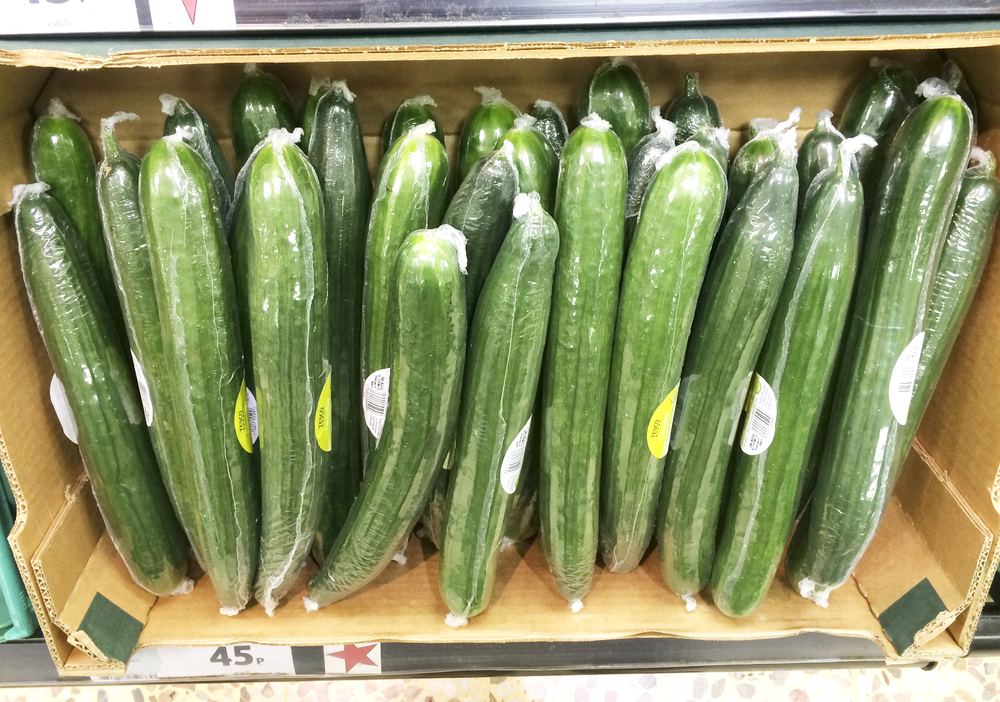
The resources charity has published the results of an 18-month project conducted in association with industry partners, which it says show that selling fruit and vegetables loose has “huge potential” to reduce food waste.
The research has prompted WRAP to reiterate its call, first made in 2019, for the removal of Best Before dates from fresh uncut produce wherever possible.
WRAP has also produced three recommendations for retailers as a result of the research, which are: sell loose; remove date labels; and help customers to refrigerate fresh produce below 5°C at home.
Best Before dates
WRAP tested five “commonly wasted items” – apples, bananas, broccoli, cucumbers, and potatoes – stored in the original packaging, loose, and at different temperatures.
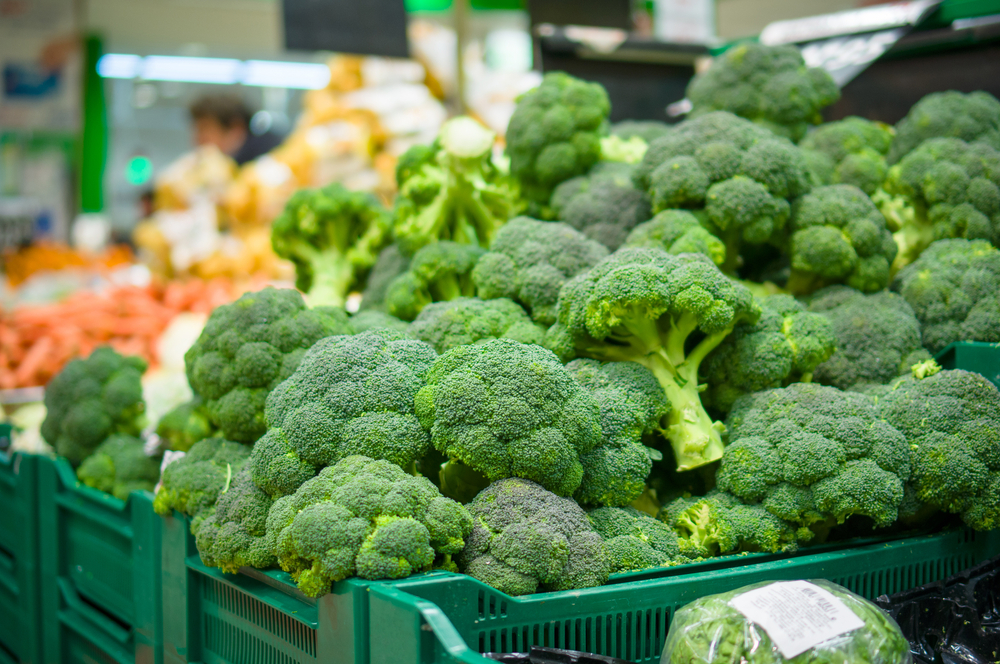
The charity found that selling the five items loose and removing Best Before dates could result in a combined saving of around 100,000 tonnes of household food waste, more than 10,300 tonnes of plastic, and 130,000 tonnes of CO2e.
WRAP says the research also “confirmed” that uncut fresh produce can be “good to eat” long after the Best Before date, while most lasts longer in the fridge.
When stored at 4°C, apples, for example, showed no signs of deterioration until two and a half months after their Best Before date and were still good to eat for some time after that, WRAP says.
Broccoli showed no signs of deterioration until more than two weeks after the Best Before date.
Marcus Gover, WRAP’s CEO, said: “While packaging is important and often carries out a critical role to protect food, we have proven that plastic packaging doesn’t necessarily prolong the life of uncut fresh produce. It can in fact increase food waste in this case.
“We have shown the massive potential to save good food from being thrown away by removing date labels.”
Supermarkets
Several supermarkets have recently announced measures to cut packaging and prevent food waste.
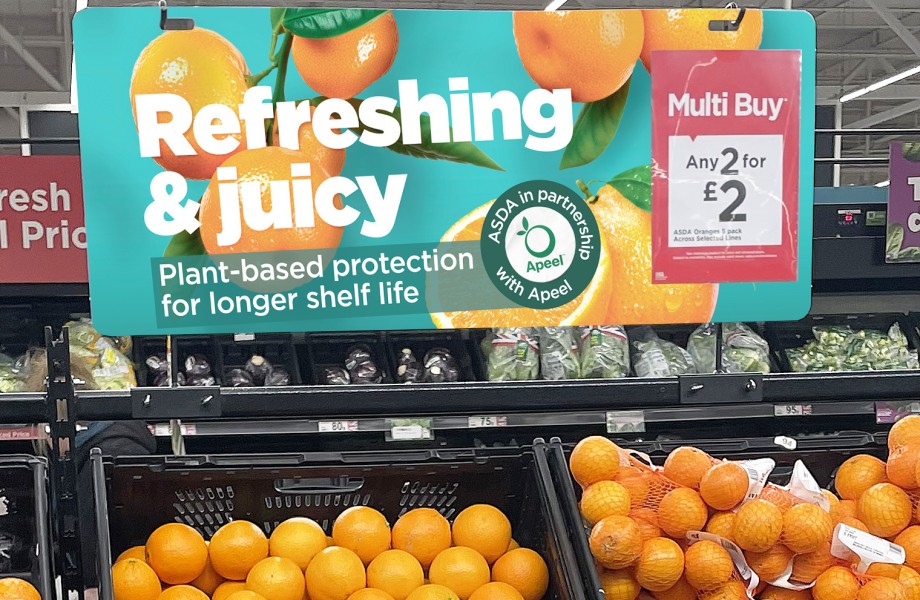
Earlier this month, Tesco announced that film plastics collected from customers at its stores are to be turned into bin liners as part of a partnership between the supermarket chain and packaging manufacturer Berry Global (see letsrecycle.com story).
And, yesterday, Asda said it would begin a “significant” programme in partnership with American packaging company Apeel Sciences to increase the shelf life of fresh produce and prevent food waste, which will see the introduction of citrus fruits and avocados with “plant-based protection” in around 150 stores.
Apeel says its plant-based protection allows for longer-lasting produce by using materials already found in the skins, peels, and seeds of all fruits and vegetables.
The company says the protection works by sealing moisture in and keeping oxygen out so that quality and freshness can be maintained for longer.
Shelf life
Dominic Edwards, senior director at ASDA, said: “We are really excited to be working with Apeel – bringing the great work they’ve been doing globally, to our UK customers.
“During this programme, we will be learning more about the benefits of longer-lasting produce for our customers, and we are looking forward to seeing what further developments this could lead to in the future.”





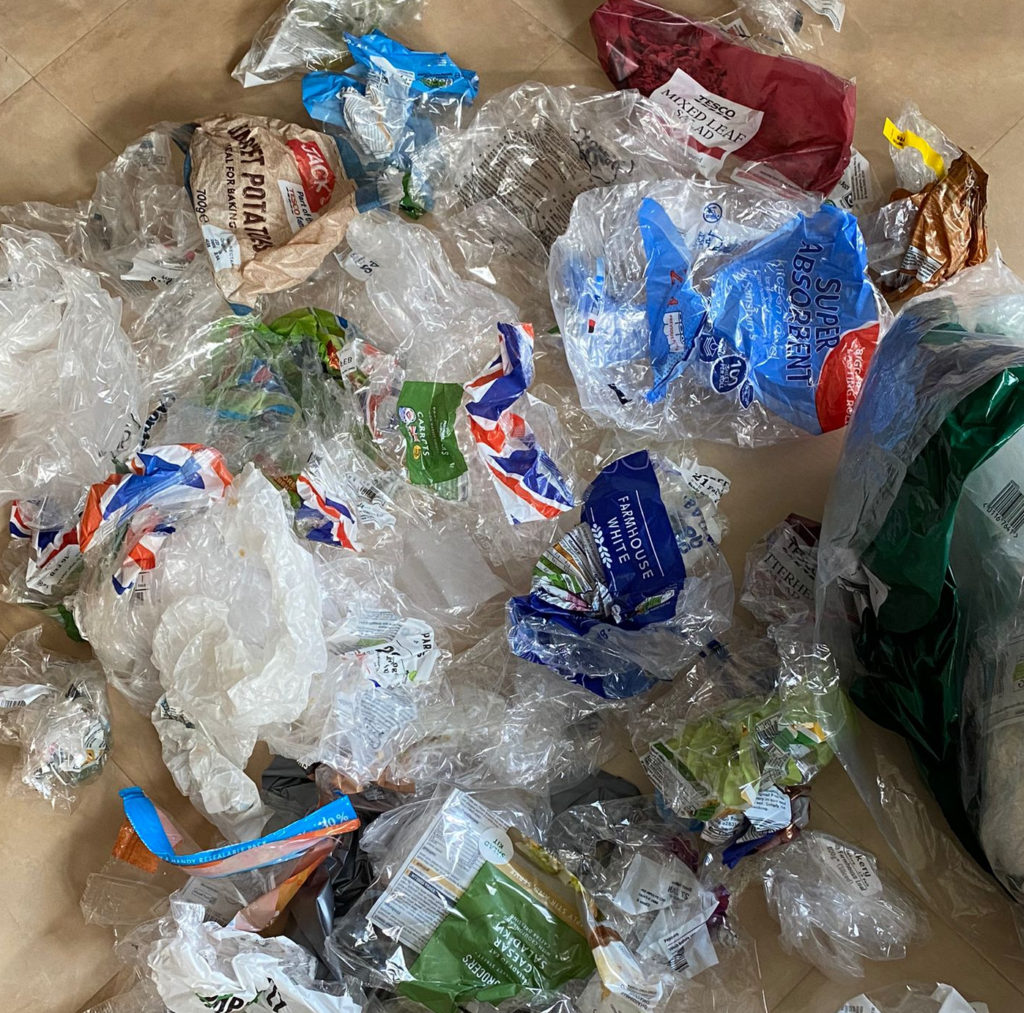

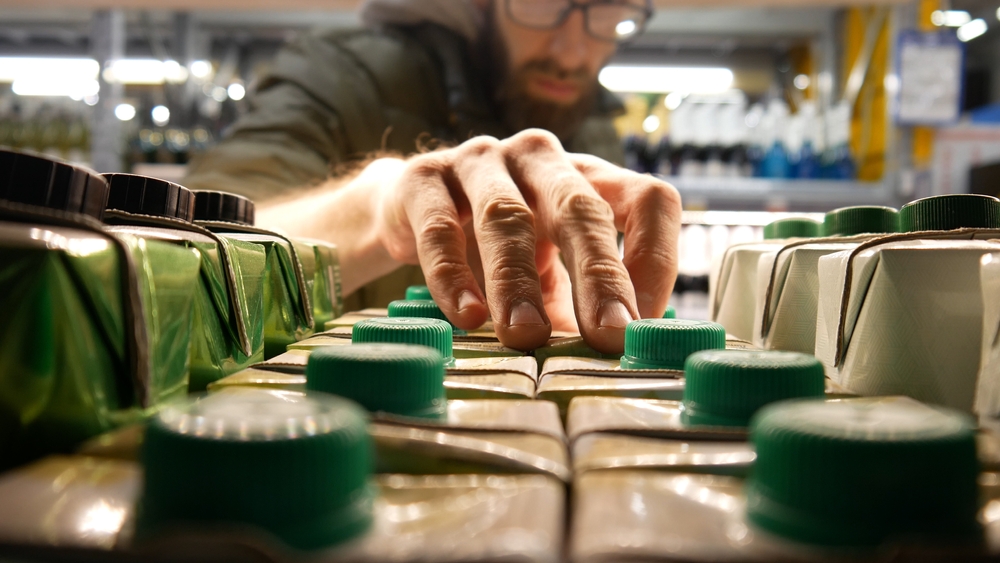
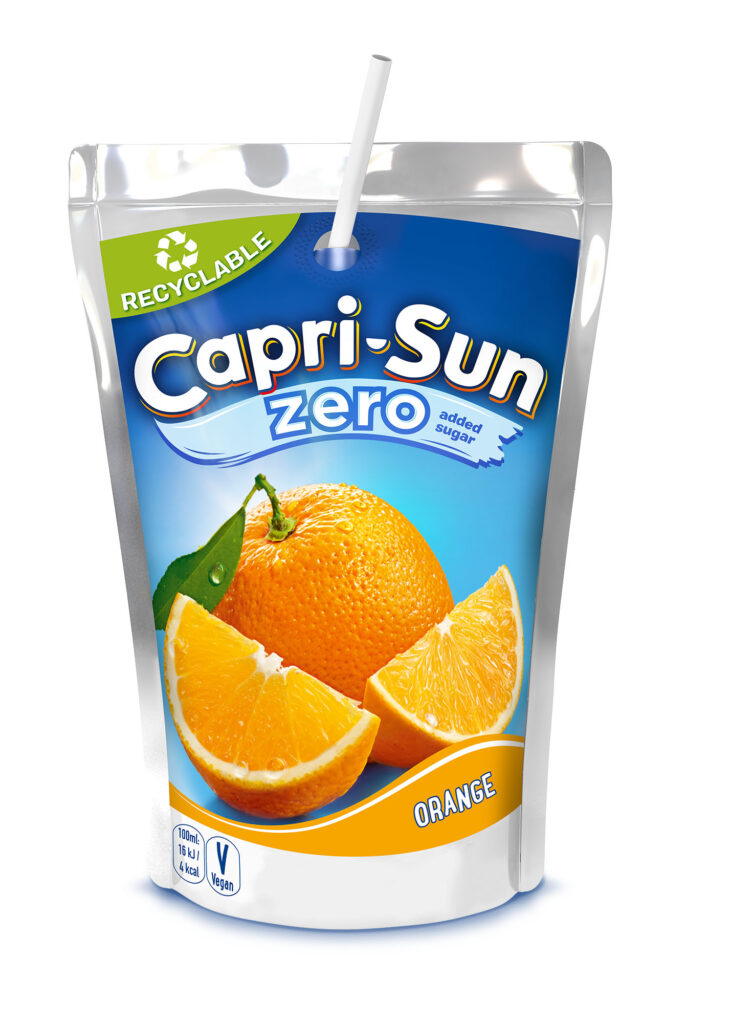
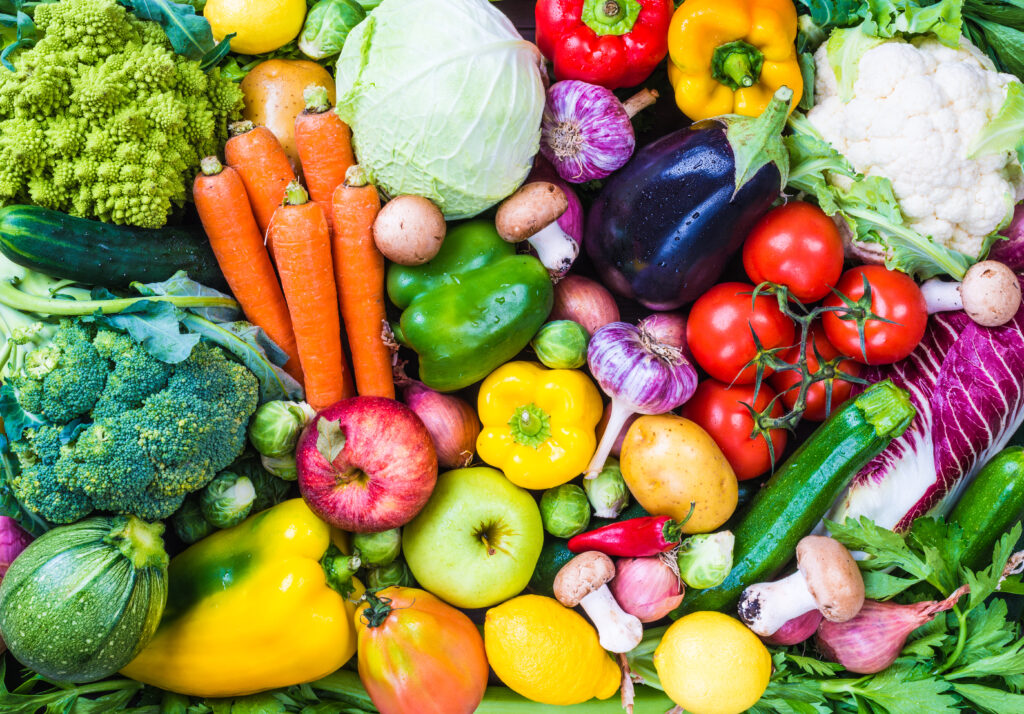


Subscribe for free